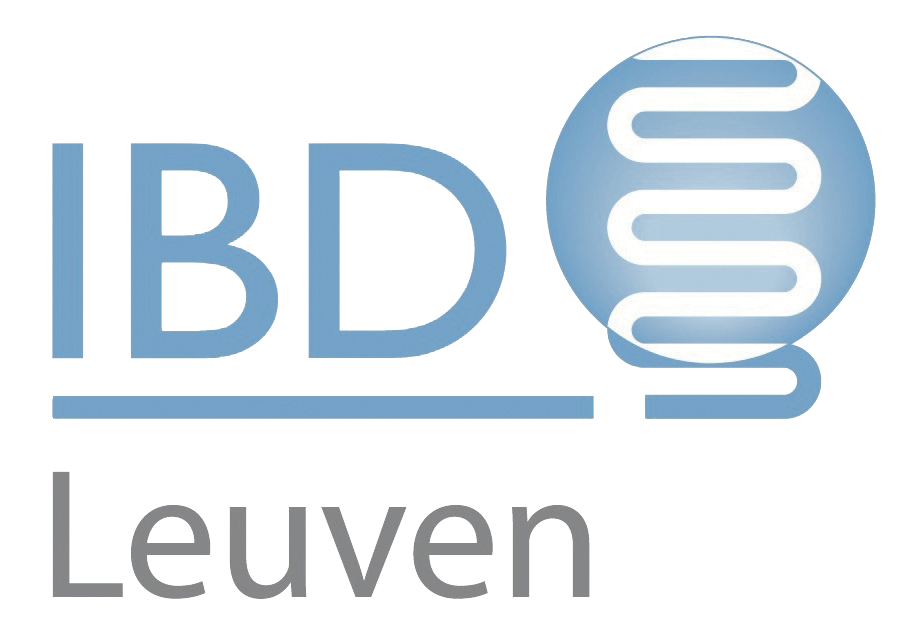Research
Microbiome
Microbiome plays an important role in the pathogenesis of IBD. Several pioneering studies supporting the importance of the intestinal microbiota were performed by our research group. We helped to describe the intestinal dysbiosis in both CD and UC. More recently, we described a microbial signature able to predict pouchitis following colectomy and IPAA in UC.
Presently, we are using DNA sequencing technology in new studies over the microbiome. These techniques allow us to gather much more information about bacteria, viruses and fungi. We want to apply these techniques in both fecal samples as in tissue and saliva samples. We also want to study the modulation of the intestinal microbiome through diet and fecal microbiota transplantation.
MIMOSA: Microbiota against inflammatory bowel disease
Background
Inflammatory bowel disease (IBD) is a term to describe conditions that are characterized by chronic inflammation of the bowels, such as Crohn’s disease and ulcerative colitis. IBD occurs in about 8 out of each 1000 people and tends to start between 15 – 25 years of age. These conditions cannot yet be cured, and their treatment options and indirect costs are a substantial drain on the healthcare system.
Current treatments include medication, lifestyle changes, and – if no other solution provides relief – surgery. Roughly 10% of Belgium’s healthcare budget goes to IBD treatments. But only 30% of these treatment options proves efficient and many patients relapse. Recent research, however, has shown us a glimpse of the microbiome’s potential in remedying various gut-related conditions. Therefore, MIMOSA will explore microbiome-based strategies (fecal transplants, development of new probiotics and refinement of existing ones, and the repurposing of existing medication) for IBD treatment and relief.
Goals
The project aims to formulate microbiota modulating strategies in inflammatory bowel disease and includes the set-up of a validation pipeline that starts in the lab and ends in the clinic. This pipeline streamlines the translational trajectory of the four strategies pursued in parallel:
- fecal transplants
- developing new probiotics
- refining existing probiotics
- repurposing existing medication that may affect microbiome composition
Combining these different strategies increases the potential to achieve fast measurable results with a maximal impact on an important societal health issue.
Séverine Vermeire (UZ Leuven) explains the impact of IBD on patients’ lives: “These conditions have a major impact on the quality of life of the patients. Up to a quarter of people suffering from ulcerative colitis and over half of Crohn’s disease patients will have to undergo surgical removal of significant parts of their bowels.”
Partners
The project combines the expertise of Jeroen Raes and Johan Thevelein (VIB-KU Leuven Center for Microbiology), Séverine Vermeire (UZ Leuven), and Peter Bossuyt (Imelda General Hospital Bonheiden).
Societal impact
Through this project, the researchers will spread awareness about the potential of microbiota-mediated treatment options in treating IBD. The development of alternative treatment strategies for IBD will also decrease the healthcare burden of this group of conditions and the impact on patients’ personal lives.
Go back to the overview: 'the Grand Challenges Program'

